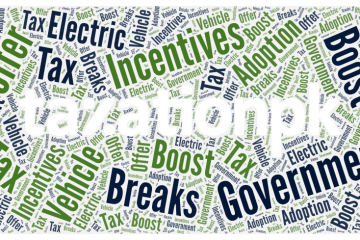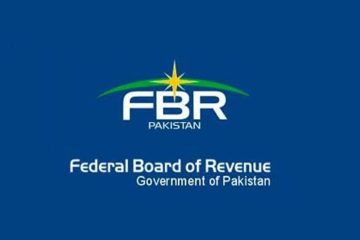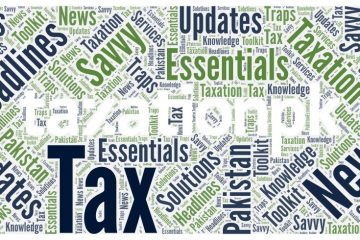Pakistan’s tax exemption bill has reached unprecedented levels, jumping a staggering 73% to Rs. 3.879 trillion in the 2023-24 fiscal year. This surge, the sixth consecutive annual increase, raises concerns about lost revenue and potential conflicts with international lenders like the IMF.
Key Points:
- Total Exemption Cost: Rs. 3.879 trillion (FY24) compared to Rs. 2.239 trillion (FY23).
- Main Driver: Rs. 1.338 trillion in waivers on domestic and imported petroleum products.
- IMF Concerns: The IMF urges Pakistan to eliminate these waivers to boost revenue collection.
- Exemption Trends: Tax breaks have been rising steadily since FY18 (Rs. 540.98 billion).
- Petroleum Waivers:
- Sales tax exemption on petroleum products: Rs. 1.257 trillion loss to the national exchequer.
- Sales tax exemption on imported POL products: Rs. 81.22 billion loss.
- Other Notable Exemptions:
- Income tax exemptions: Rs. 476.96 billion (FY24) with a 12.51% increase.
- Mobile phone exemptions: Rs. 33.057 billion (FY24).
Government Response:
- The government has raised the general sales tax rate from 17% to 18%.
- Exemptions on some products have been withdrawn.
- Increased reliance on Petroleum Development Levy (PDL) to compensate for lost sales tax revenue from petroleum products.
Challenges and Future Considerations:
- The significant increase in tax exemptions puts pressure on Pakistan’s already strained finances.
- The IMF’s concerns highlight the need for a more sustainable tax collection strategy.
- Balancing tax breaks for specific sectors with the need for broader revenue generation remains a challenge.
Pakistan’s growing reliance on tax exemptions requires careful evaluation. Striking a balance between promoting targeted industries and ensuring adequate tax collection is crucial for long-term economic stability.







